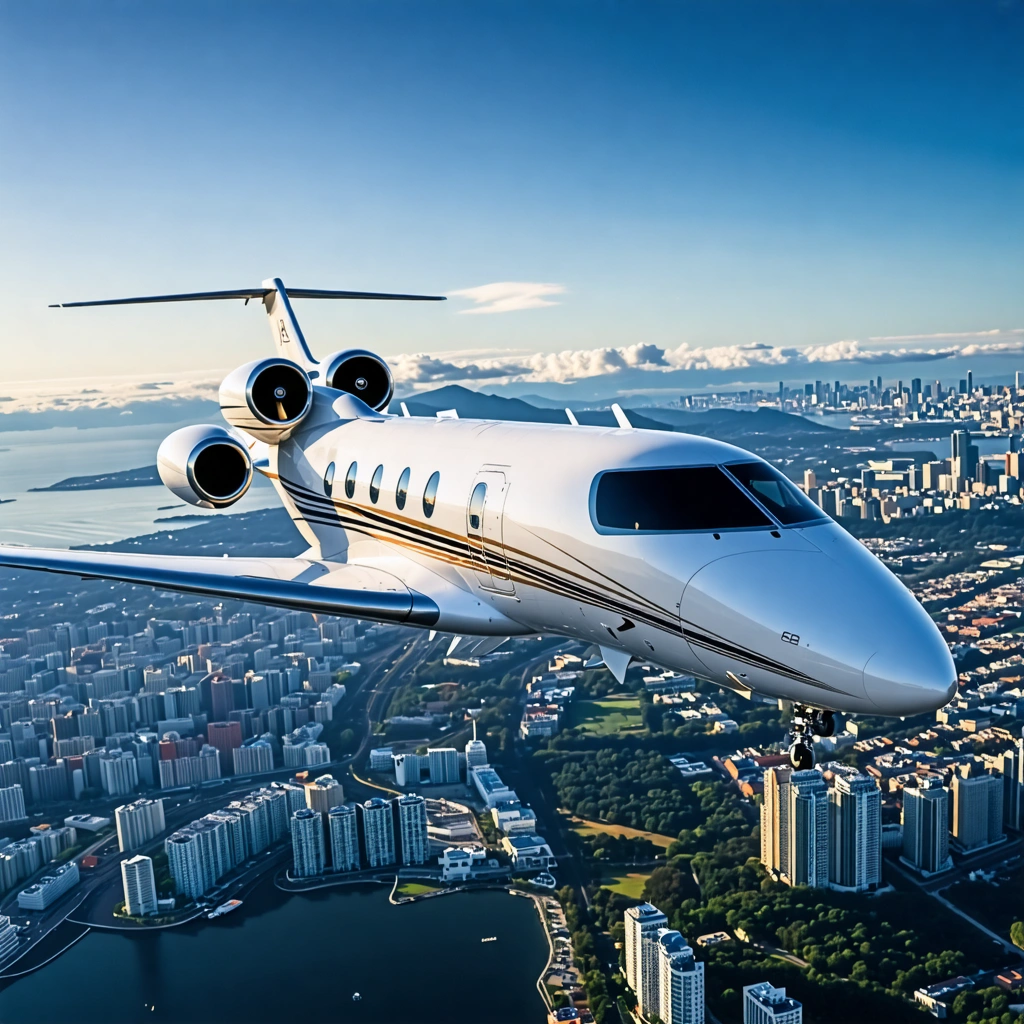
The Sky’s the Limit: Latest Innovations in Luxury Jet Airplanes
Takeaways: The luxury jet market is evolving with a focus on sustainability, advanced technology, and enhanced passenger experience. Key developments include electric and hybrid aircraft, improved in-flight amenities, and the integration of smart technology.
The luxury aviation industry is witnessing significant transformations, driven by technological advancements and a growing emphasis on sustainability. As the demand for private air travel increases, manufacturers are introducing innovative designs and features that cater to the elite traveler. In this article, we explore the latest news in luxury jet airplanes, highlighting the trends, technologies, and future directions of this fascinating industry.
Advancements in Jet Technology
Recent years have seen a surge in technological innovations within the luxury jet sector. One of the most exciting developments is the rise of electric and hybrid jets. Manufacturers are actively working on creating aircraft that are not only faster but also more environmentally friendly. Companies like Electra are pioneering new designs that incorporate electric propulsion, significantly reducing carbon emissions.
Additionally, advancements in materials science have led to lighter and more durable aircraft designs. Luxury jets are now being constructed with composite materials that enhance fuel efficiency and performance. The use of advanced aerodynamics also contributes to reduced drag, allowing jets to travel longer distances with less fuel.
Sustainable Luxury: Eco-Friendly Jets
As awareness of climate change increases, luxury jet manufacturers are actively seeking ways to reduce their environmental impact. The aviation industry is making strides toward sustainability by investing in alternative fuels and exploring new propulsion systems. GreenAir Online reports that companies are researching sustainable aviation fuels (SAFs) derived from renewable sources, which can reduce greenhouse gas emissions by up to 80% compared to traditional jet fuels.
Furthermore, the development of quieter engines and noise-reducing technologies is becoming a priority for luxury jet manufacturers. These innovations not only improve the travel experience but also help minimize the impact on communities near airports. The emphasis on sustainability reflects a broader trend in luxury travel, where consumers are increasingly seeking eco-conscious options.
Enhanced Passenger Experience

Moreover, cabin designs are evolving to resemble five-star hotels, with luxurious furnishings, gourmet dining options, and even wellness facilities such as spas and gyms. Manufacturers like Bombardier and Gulfstream are leading the charge in creating opulent interiors that cater to the needs of high-profile clients.
The Future of Luxury Jet Travel
The future of luxury jet travel looks bright, with continuous advancements on the horizon. Companies are exploring concepts such as supersonic jets, which promise to revolutionize air travel by significantly reducing flight times. The Boeing 747 and Concorde are prime examples of how speed can enhance luxury travel.
As the industry adapts to changing consumer preferences and environmental concerns, we can expect to see even more innovation. The integration of artificial intelligence and data analytics will likely play a key role in optimizing flight operations and enhancing the passenger experience.
In conclusion, the luxury jet airplane market is undergoing a seismic shift, driven by technological advancements and a commitment to sustainability. As manufacturers continue to innovate, the future of private aviation promises to be more luxurious, efficient, and environmentally friendly than ever before.






